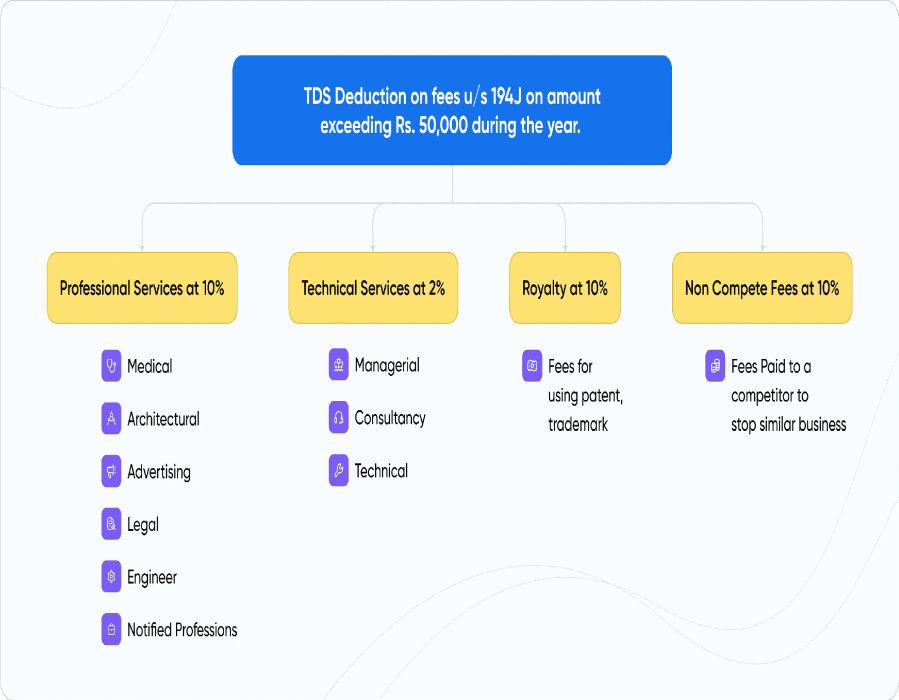Title: UN Security Council Tackles South Sudan’s Escalating Crises Amid Growing Regional Concerns
As South Sudan continues to endure a complex web of challenges, the United Nations Security Council has intensified its focus on the nation’s escalating turmoil. Marked by persistent violence, deepening humanitarian distress, and fragile political conditions, South Sudan stands at a critical crossroads. The recent Security Council session spotlighted these intertwined crises-often described as “compounding”-which threaten not only the country’s stability but also that of the broader East African region. With millions displaced and in urgent need of aid, global leaders are urged to coordinate swift and strategic responses to halt further deterioration. As international observers monitor developments closely, decisions made during this pivotal dialogue could significantly influence South Sudan’s trajectory.
Addressing South Sudan’s Worsening Humanitarian Crisis
The UN Security Council recently underscored an alarming surge in humanitarian needs across South Sudan-a nation already burdened by years of conflict and economic hardship. Current estimates reveal that over 7 million people face acute food insecurity, with many uncertain about their next meal amid disrupted supply chains and ongoing violence. This dire situation demands immediate mobilization of international resources.
Council members emphasized enhancing coordination among UN agencies and partner organizations to ensure aid reaches those most vulnerable efficiently. Key priorities outlined include:
- Expanding safe access for delivering essential foodstuffs and medical care into conflict zones.
- Strengthening collaboration with regional bodies such as IGAD (Intergovernmental Authority on Development) to bolster crisis response mechanisms.
- Promoting peacebuilding efforts aimed at resolving underlying conflicts fueling instability.
This multifaceted approach aims not only to alleviate immediate suffering but also to establish foundations for long-term resilience within affected communities.
Political Instability in South Sudan: Implications for Regional Peace
The political landscape in South Sudan remains volatile as armed clashes between rival factions persist alongside economic decline marked by soaring inflation rates exceeding 150% annually (World Bank 2024). These factors have triggered mass displacement-over 4 million internally displaced persons (IDPs) according to recent UNHCR reports-placing immense pressure on neighboring countries like Uganda and Ethiopia.
Main contributors to ongoing instability include:
- Sustained inter-ethnic violence undermining reconciliation efforts;
- A faltering economy heavily reliant on oil exports amidst global price fluctuations;
- A growing refugee crisis straining regional infrastructure and security systems.
The ripple effects extend beyond national borders, raising alarms among East African governments concerned about potential spillovers into border areas. The table below summarizes key destabilizing elements:
| Factor | Consequences for Stability |
|---|---|
| Civil Conflicts | Deterioration of border security; increased refugee flows into neighboring states. |
| Economic Collapse | Pervasive poverty leading to social unrest; diminished government capacity. |
| Humanitarian Strain | Saturation of regional aid systems; heightened risk of cross-border tensions. |
Strategies Toward Lasting Peace and Economic Revival in South Sudan
Tackling the intricate challenges facing South Sudan requires comprehensive strategies focused on governance reform, inclusive development, and sustained international engagement. Empowering local leadership structures is vital so communities feel genuinely represented throughout peace negotiations-a factor crucial for durable reconciliation (Foreign Policy Report 2025).
The following initiatives are central components proposed by experts:
- Capacity Enhancement: Equipping local authorities with skills for resource management and conflict resolution;
- Diverse Inclusion Policies: Ensuring marginalized groups-including women youth-participate actively in governance;
- < strong >Economic Diversification:< / strong > Reducing reliance on oil through investments in agriculture , renewable energy ,and small enterprises . li >
ul >International partners can amplify impact by linking humanitarian assistance with development programs focused on education , healthcare ,and infrastructure . Establishing robust monitoring frameworks will be essential for tracking progress transparently . Below is an overview highlighting priority intervention areas : p >
Toward a Unified Future: The Road Ahead for South Sudan and the Global Community< th >Focus Area< / th >< th >Description< / th >< th >Anticipated Result< / th > tr > < td >Peacebuilding Programs< / td >< td >Facilitating community dialogues & reconciliation processes.< / td >< td >Diminished hostilities & strengthened social cohesion.< / td > tr > < td >Economic Reform Initiatives< / td >< td >Encouraging growth beyond petroleum sector.< / td >< td >Greater economic stability & employment opportunities.< / td > tr > < td >Educational Improvements< / td >< td >Expanding access & quality across all regions.< / td tr >
With escalating armed confrontations and a humanitarian emergency affecting nearly half of its population,the country faces unprecedented challenges requiring coordinated action.
The path forward demands not only decisive interventions but also sustained commitment from both domestic actors and international stakeholders to foster dialogue,
reconciliation,
and inclusive development.
As worldwide attention remains fixed on this young nation,
the collective resolve will determine whether lasting peace and prosperity can be achieved amid adversity.
South Sudan’s future hinges on collaborative efforts grounded in empathy,
accountability,
and shared responsibility toward rebuilding a resilient society.

